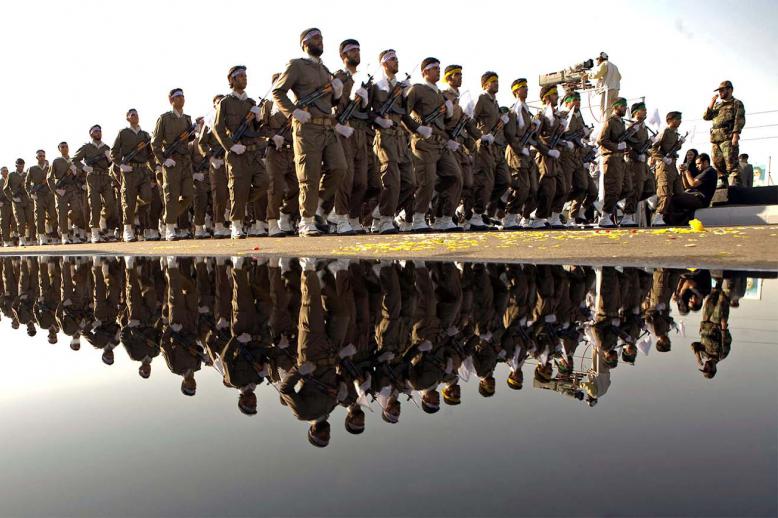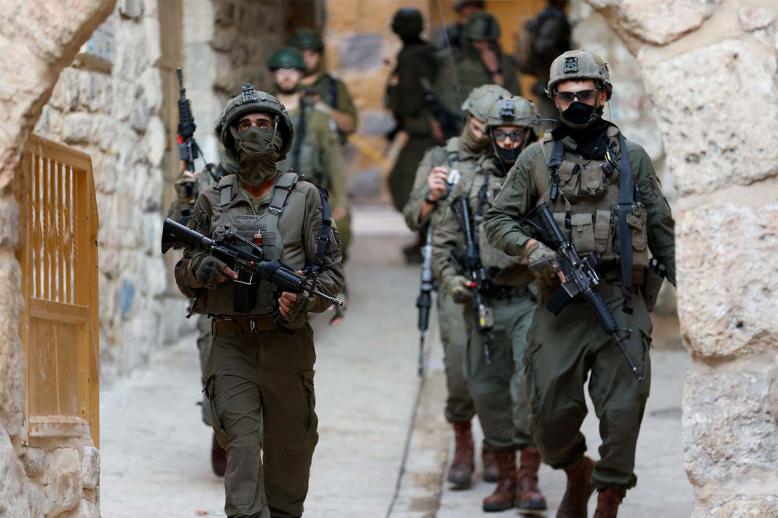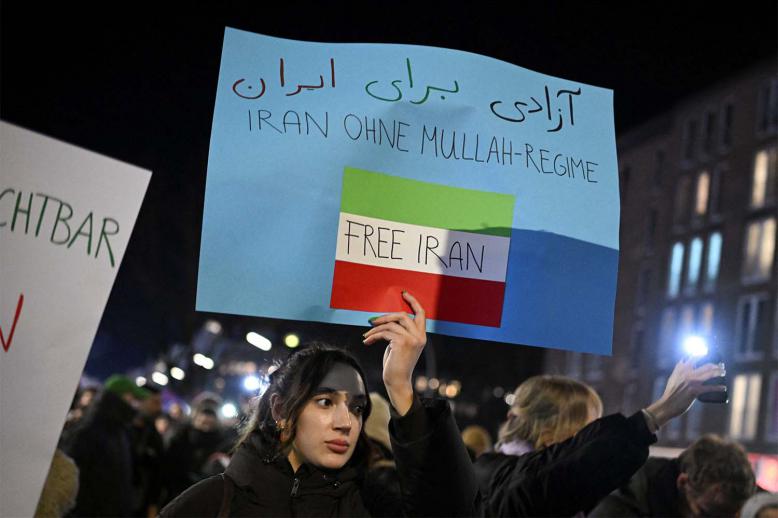Iraq protests rattle politicians but fail to bring any big change
LONDON - Protests across southern Iraq rattled the country’s political class, prompting the government to promise to meet some of the demonstrators’ demands, while security forces cracked down on riots. However, observers say little change in conditions is expected soon.
Demonstrations demanding jobs and better services began in the oil-rich city of Basra on July 8 but soon spread to other cities in predominately Shia southern Iraq.
Some of the protests were violent — at least nine people were killed — and there was damage to government buildings and ransacking of offices of dominant political parties. Rights groups said the response by security forces was heavy-handed even when demonstrations were peaceful.
“We are closely monitoring the escalating situation across southern Iraq and are extremely worried by reports that security forces are beating, arbitrarily detaining and even opening fire on peaceful protesters,” said Lynn Maalouf, Amnesty International’s deputy director for the Middle East and North Africa.
“Deliberately disabling the internet is a sinister restriction to the right to freedom of expression and strongly indicates that the authorities have something to hide. We fear this blackout is deliberately designed to give carte blanche to the security forces to repress peaceful activists without being recorded and held accountable.”
'People’s legitimate aspirations'
Jan Kubis, special representative of the UN Secretary-General for Iraq, urged Baghdad to address the “legitimate” concerns of the protesters.
“He calls on the political actors to ensure that the next administration prioritises good governance, reforms and the fight against corruption that will enable economic development and progress, job creation and delivery of critical public services,” read a statement from Kubis’s office.
That message was echoed by UN Secretary-General Antonio Guterres.
“We… call on all political actors to cooperate constructively in finalising the ongoing electoral recount process with a view to the swift establishment of a new government that will address the people’s legitimate aspirations for tangible reforms that (will) improve the daily lives of all Iraqis,” Guterres’s spokesman, Farhan Haq, said.
Basra’s residents have frequently complained they see little benefits of the oil their part of the country produces. They claim members of the country’s political parties and Shia militias, as well as foreign companies, enjoy special privileges in the city.
The government formed a committee to investigate the protesters’ demands and promised Basra residents 10,000 jobs, in addition to spending $3 billion on electricity and water projects. Media reports said Basra’s residents submitted more than 60,000 applications for those 10,000 promised jobs.
“The protests will continue but in a more organised manner,” Mohamed al-Salami, an Iraqi activist, told Sharqiya TV. He accused successive governments of ignoring people’s urgent needs despite mass protests from 2011 till today.
Public dissatisfaction with politicians in Iraq
The protests received vocal support from Grand Ayatollah Ali al-Sistani and influential Shia cleric Muqtada al-Sadr, whose political bloc won the most seats in May’s national elections.
“The winning political parties in the election have to suspend all political dialogues for forming coalitions and until they meet protesters’ rightful demands,” al-Sadr said on Twitter.
Even Iraqi Prime Minister Haider al-Abadi said he welcomed the protests.
“There is clear state of (public) dissatisfaction, which we saw when people refrained from taking part in elections… where 55% (of the electorate) did not participate. Let’s say half of them were busy, this means the other half, at least, is not satisfied with the political process in general,” Abadi said.
“I encourage protests. I’ve never opposed protests. On the contrary, I consider them beneficial as they energise politicians… and pressure them to work but when [protests] turn violent, then we reject that. It would be counterproductive and destroy what has been built.”
'Root of all Iraq’s problems'
Observers say, however, that shortages in jobs and basic services are among the symptoms of much deeper problems in Iraq.
“No real or significant changes can be made unless the constitution changes to cancel the items that provide the required umbrella for the sectarian and ethnic powers sharing system,” Suadad al-Salhy, an Iraqi journalist in Baghdad, told the Arab Weekly.
“The root of all Iraq’s problems is the financial and administrative corruption… rampant in all the state’s departments, including the judiciary.”
“This corruption is legalised and protected by the constitution so all attempts that have been achieved or will be achieved to counter it will fail and all that will result in bringing temporary solutions for permanent problems,” she added.
Mamoon Alabbasi is Deputy Managing Editor and Online Editor of The Arab Weekly. You can follow him on Twitter @MamoonAlabbasi
This article was originally published in The Arab Weekly.







